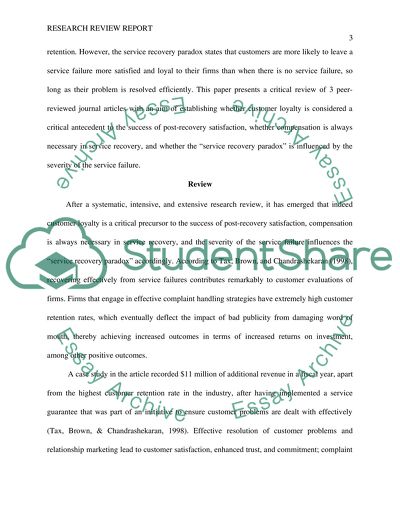Cite this document
(“Research Review Report for Services and Relationship Marketing Paper”, n.d.)
Research Review Report for Services and Relationship Marketing Paper. Retrieved from https://studentshare.org/marketing/1480803-research-review-report-for-services-and
Research Review Report for Services and Relationship Marketing Paper. Retrieved from https://studentshare.org/marketing/1480803-research-review-report-for-services-and
(Research Review Report for Services and Relationship Marketing Paper)
Research Review Report for Services and Relationship Marketing Paper. https://studentshare.org/marketing/1480803-research-review-report-for-services-and.
Research Review Report for Services and Relationship Marketing Paper. https://studentshare.org/marketing/1480803-research-review-report-for-services-and.
“Research Review Report for Services and Relationship Marketing Paper”, n.d. https://studentshare.org/marketing/1480803-research-review-report-for-services-and.


